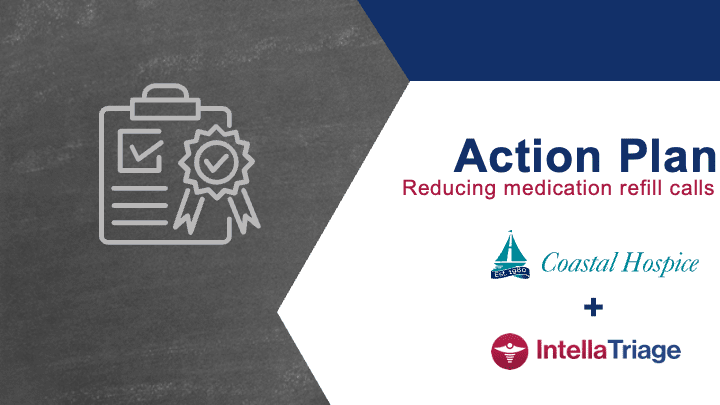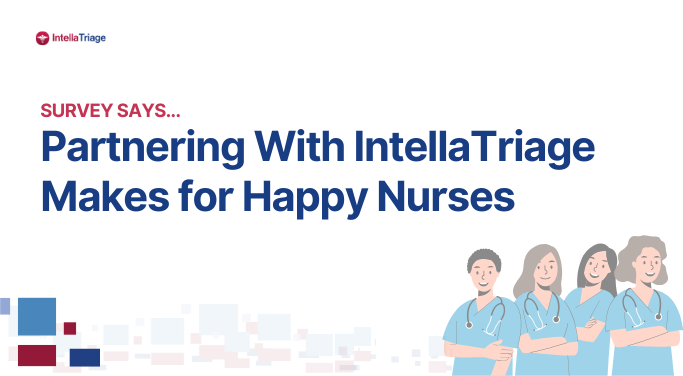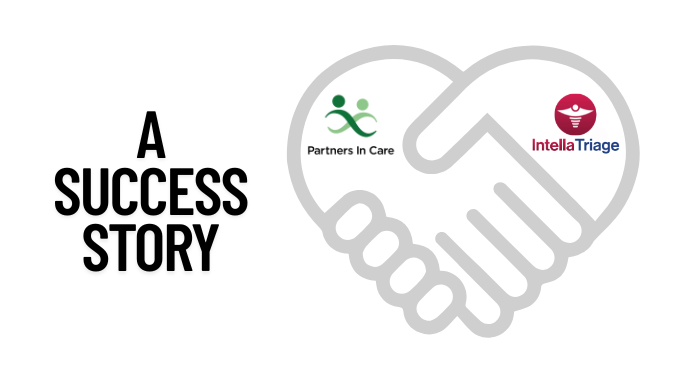In a recent webinar, Dr. Stacy Cottingham of Coastal Hospice kindly shared a deeper dive into how their plan to reduce medication refill calls after hours produced such impressive results. Below, we illustrate how using the data provided on the IntellaTriage service dashboard enabled the Coastal team to reduce medication refill calls. And how driving this initiative increased nurse satisfaction, enhanced the timeliness of care, and improved financial performance. (For access to the webinar recording, click here.)
Analysis
The Coastal leadership team began looking at what issues needed improvement and found their target: medication refills after hours. This area of medication compliance has a considerable impact and is a way to save money. But, most importantly, it saves patients suffering by ensuring they have everything they need when needed.
The industry standard is 18.2% of after-hours calls that hospice agencies receive are regarding medication. 43% of those calls are about refills. That number includes both:
- Routine medications and
- “just-in-time” medications, medications critical in the moment to help keep that patient out of the emergency room, help reduce the caregiver’s anxiety.
IntellaTriage after-hours reporting showed 16.9% of Coastal’s triage-addressable calls were medication refills, so leaders found an easy opportunity to make a plan and involve staff in the adjustments. “It’s great working with our team and IntellaTriage monthly to review our data, taking it back to our bi-monthly quality meetings and sharing it.” - Stacy Cottingham, Ph.D., RN, CHPN, Chief Clinical Officer at Coastal Hospice
Coastal analyzed data around:
- Which day of the week had the most issues
- How often they had to open up a pharmacy
- What time of the day
- Agency location
They took this information, added it to another quality database, and drilled it down to find out where the issues arose.
Adjustments
Coastal began adjusting where possible based on their analysis. For instance, they started asking questions and making changes at their agency locations based on some of the data IntellaTriage dashboards were showing. Coastal has three home teams, and they worked together to investigate and uncover where breaks existed by asking such questions as:
- Is there an uptick in medication refill calls after hours when the team has new nurses still in training?
- Did an issue arise because somebody was on vacation, and the team had someone covering who may not have a relationship with the family and missed needing that additional refill?
- Is there a lapse in communication? For example, when patients come on service, they don’t always disclose every medicine they take; was the onboarding team making sure the nurse had a complete medication list to go through?
Leadership began by educating clinical teams and asking questions, enabling them to understand where they should make adjustments, bringing all the information together, and bringing the team into discussions. In addition, keeping the team involved and communicating the results increased engagement. Coastal also started looking at the complete medication reconciliation and onboarding process using their EMR. IntellaTriage helped identify these areas so Coastal could make targeted adjustments, raising awareness with their teams.
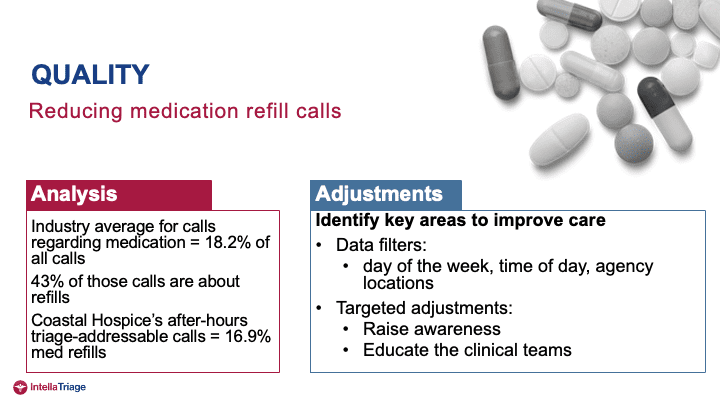
Action plan to reduce medication refill calls after hours
Coastal could involve the team managers by creating a plan to make corrections to this process improvement plan. Leaders looked at the information from IntellaTriage and performed chart audits to see where to hone in on education. Was education needed for one specific person, or would it be across the entire team? Then Coastal implemented the plans and ensured that case managers and clinicians addressed medication information during their visits.
Coastal’s team implemented these steps:
- Review the daily report for medication refill calls. You can see right on the daily report if it’s a medication question and then drill down to see if it was a refill.
- Identify the type of refill
- Regarding routine refills, ask: why wasn’t that done during the day?
- Was it a critical need that needed to be escalated and resulted in a call to open a pharmacy?
- Coastal monitored and closely tracked reeducation needs, implementing training into regular cadences and offering education in the moment, as needed.
With this project, using these different improved protocols for five months, Coastal Hospice improved medication reconciliation in the home every visit. Each time, the nurses were pulling out the bottles, doing that pill count, and asking, “Are you sure this is all you have?” And then, “what can we do to help?” Coastal continues ongoing tracking, putting all the different implementations of the medication reconciliation in place. Regular meetings with IntellaTriage help double-check to ensure that these action plans are on the right track.
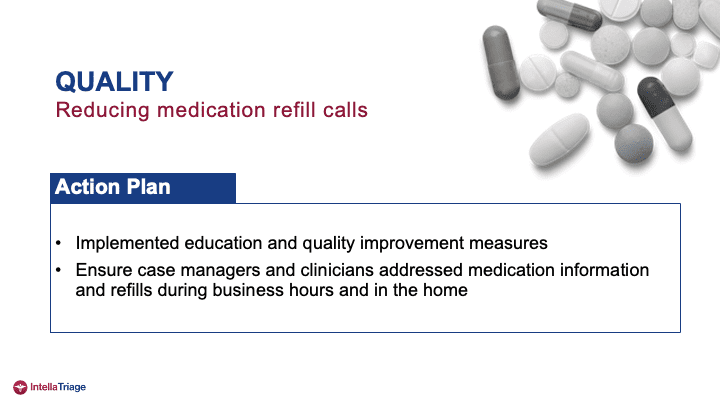
Results
Coastal realized an over 40% reduction in the after-hours overall medication call volume. Their leadership team receives the IntellaTriage daily activity report (DAR) delivered via e-mail every day. It’s the “heart and soul of the beginning of the day.” The team can streamline, looking through the DAR for teams’ progress, etc.
“It’s exciting how we also teach each other as we read each other’s reports and see successes. For example, it reduced the medication call volume overall, but also our refill incidences dropped by two percentage points.” -Dr. Cottingham
Based on industry standards, opening a pharmacy for a refill after-hours can cost an agency up to $200. (Plus, it doesn’t make your pharmacy partner very happy to have to come in and open up a pharmacy). Hospice agencies often utilize local pharmacies; for them, the pharmacist is the one on call, and they’re the pharmacy’s owner. They want to avoid receiving those calls for a medication that should already have been ordered in the first place. Making sure that medication is correct makes for a happy pharmacy partner. Coastal potentially saved over $50,000 by ensuring they were on top of what patients and families needed regarding medications. That resulted in reinvestment into patient care services – a huge win across the board.
Secondary benefits of reducing medication refill calls after hours
Interestingly, Coastal found that when they resolved many medication refill calls issues after hours, they also saw increased home education and comfort. In this instance, it is not only teaching about medicines. The instruction also helps eliminate the fear wrapped around some of these common medications. That increases compliance, helps reduce symptoms and overall discomfort in the patient, and can decrease anxiety in the family. Medication management is the primary concern for home health and hospice patients. We speak about the patient experience all the time, so understanding the fears and getting ahead of them with education is essential.
Additionally, many travel nurses are filling in due to the nursing shortage, and this data insight also helps with education there. With short shifts and travel nurses, Coastal has been innovative with staffing patterns, so they have staff that cross-trains across care locations. Staffing this way can result in a lack of consistency; the nurse may need to be more familiar with the patient. But among other steps, they are now prioritizing medication reconciliation during the visit. This new process has been a big win regarding the family’s trust. The family is going through so much, and they’re not usually trained caregivers. So, for them to help embrace and take control and teach them how to manage those medications, it’s been a success across the organization.
More about IntellaTriage
At IntellaTriage, our nurse-based triage can reduce nurse burnout and staff turnover, improve patient satisfaction, and boost your bottom line. You can save on the cost of staffing an internal call center and the time and effort of recruiting, managing, and operating that service. We capture all referrals quickly, increasing your topline revenue and your patient’s healthcare outcomes.
Contact us today to learn more about IntellaTriage’s revolutionary approach to nurse-based triage service.
Contact Us for a Consultation
Ready to optimize your triage process? Reach out to us today for a consultation tailored to your needs. Let’s elevate your patient care together.
More From The Blog
Survey Says… Partnering With IntellaTriage Makes for Happy Nurses In today’s competitive healthcare landscape, becoming the employer of choice is a strategic advantage. And if you’re in hospice or home health, your clinicians aren’t just looking for better pay. They’re looking for better balance. According to a recent survey of IntellaTriage clients, 96% say our [...]
Recent data breaches are once again highlighting the urgency of securing protected health information (PHI). In March 2025, Yale New Haven Health System disclosed that an unauthorized third party accessed the personal data of nearly 5.6 million patients. Around the same time, Kentucky’s Cumberland County Hospital suffered a breach affecting more than 36,000 individuals, including [...]
Partners In Care - A Success Story. Partners In Care is a 5-star nonprofit provider of hospice, palliative, and home health services in Oregon. When they decided to reevaluate their after-hours care model, the goal was clear: prioritize patient care while supporting the nurses who make it all possible. Their home health and hospice nurses [...]

